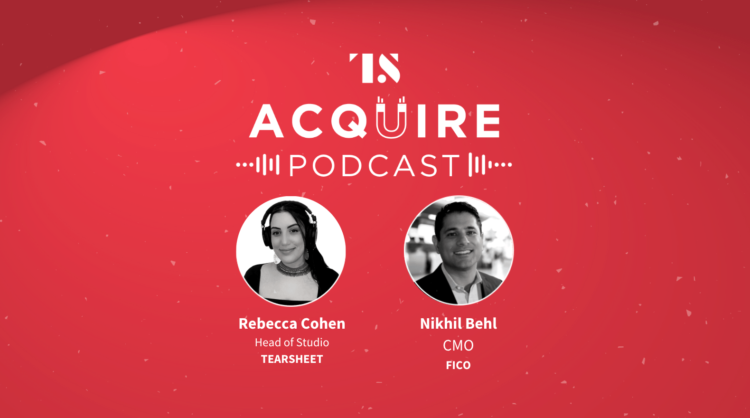Acquire Podcast, Modern Marketing, Podcasts
The Acquire Podcast Ep. 10: FICO hyper targets local communities in its push for greater financial literacy
- FICO's Chief Marketing Officer, Nikhil Behl, joins us on the Acquire Podcast.
- 'We cannot rely on osmosis to drive financial literacy forward', he says -- so FICO is taking an active role.








